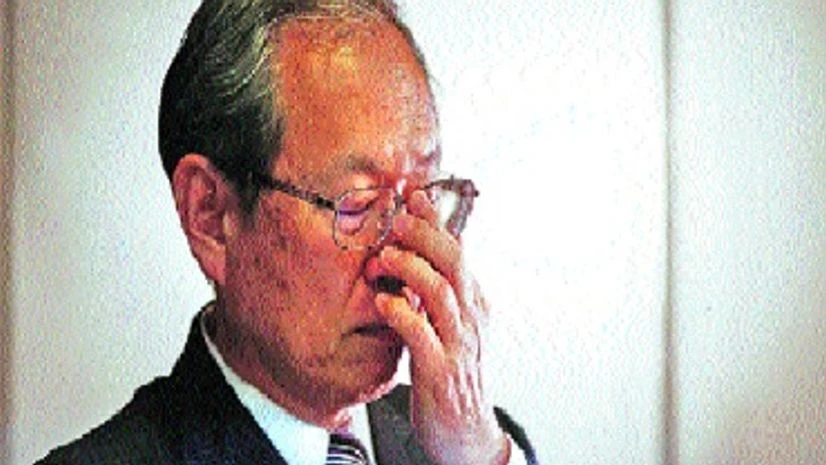Toshiba said it may have to book several billion dollars in charges related to a US nuclear power acquisition, a shock warning that sent its stock tumbling 12 percent and rekindled concerns about its accounting acumen.
The Japanese group said cost overruns at US power projects handled by a nuclear construction business newly acquired from Chicago Bridge & Iron (CB&I) would be much greater than initially expected, potentially requiring a huge writedown.
Such a hit would be another slap in the face for a sprawling conglomerate hoping to recover from a $1.3 billion accounting scandal as well as a writedown of more than $2 billion for its nuclear business in the last financial year.
"This will come as an additional shock to Toshiba's institutional investors that may further undermine confidence in company management as well as significantly weakening its international nuclear credentials," said Tom O'Sullivan, founder of energy consultancy Mathyos Japan.
O'Sullivan noted the acquisition in December 2015 coincided with the finalising of a record fine by Japanese regulators for accounting irregularities at Toshiba, indicating that corporate governance controls were extremely weak.
Toshiba Chief Executive Satoshi Tsunakawa, who only took the helm in June after his predecessor embarked on a series of restructuring steps to clean up Toshiba's books, said the conglomerate would look at some kind of strategy to boost capital.
"We would have needed to boost our capital base anyway because our shareholders' equity ratio is low," he told a news conference.
More From This Section
As of end-September, Toshiba had shareholders' equity of 363 billion yen, or just 7.5 percent of assets, which could fall close to zero if the company is forced to log significant losses.
Asked if Toshiba's liabilities would exceed its assets, Chief Financial Officer Masayoshi Hirata said the company had not yet completed its estimation of the charge.
It would finalise that by mid-February, he said, adding that the conglomerate would explain the situation to its main banks and seek their support. Toshiba's main lenders are Sumitomo Mitsui Financial Group Inc and Mizuho Financial Group Toshiba has positioned its nuclear and semiconductors businesses as key pillars of growth while seeking to scale down less profitable consumer electronics units such as personal computers and TVs.
But Toshiba could revise the positioning of its nuclear business if need be, said Tsunakawa, who has been credited with having shaped a medical equipment unit into a major earnings driver. The unit was sold to Canon Inc this year.
Tsunakawa added that asset sales or a potential listing of its cashcow flash memory chips division were options that could be considered.
The deal between CB&I and Toshiba's Westinghouse division has been fraught with disagreement since at least July.
Clashing over who should shoulder potential liabilities related to cost overruns and over calculations for working capital for the unit, CB&I sued Toshiba's Westinghouse division after Westinghouse said it was owed more than $2 billion.
Toshiba has not disclosed its financial advisers for the deal.
Shares in Toshiba, which remains on the Tokyo bourse's watchlist due to concerns about the firms' internal controls, finished 12 percent lower, giving it a market value of around $14.2 billion.

)
